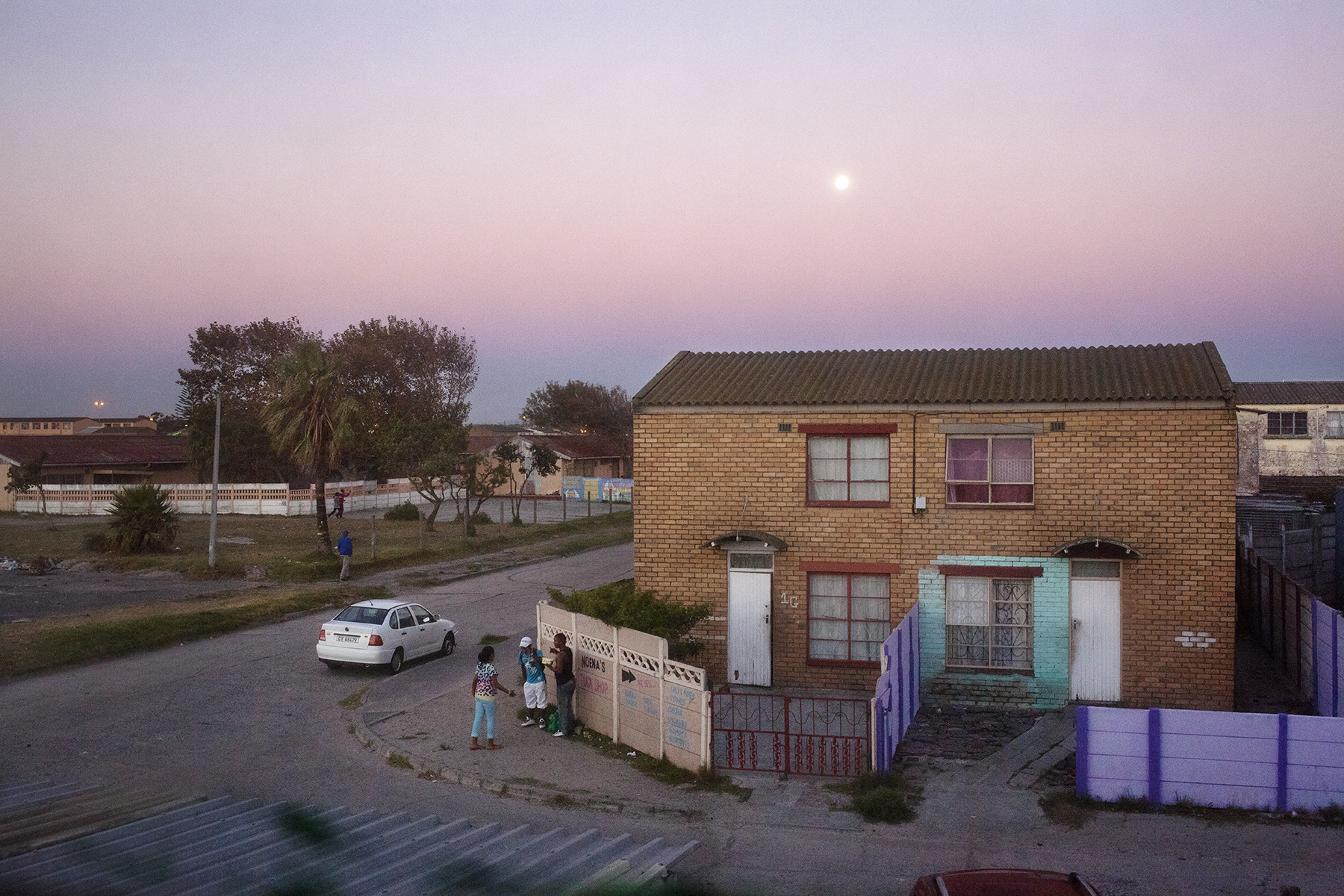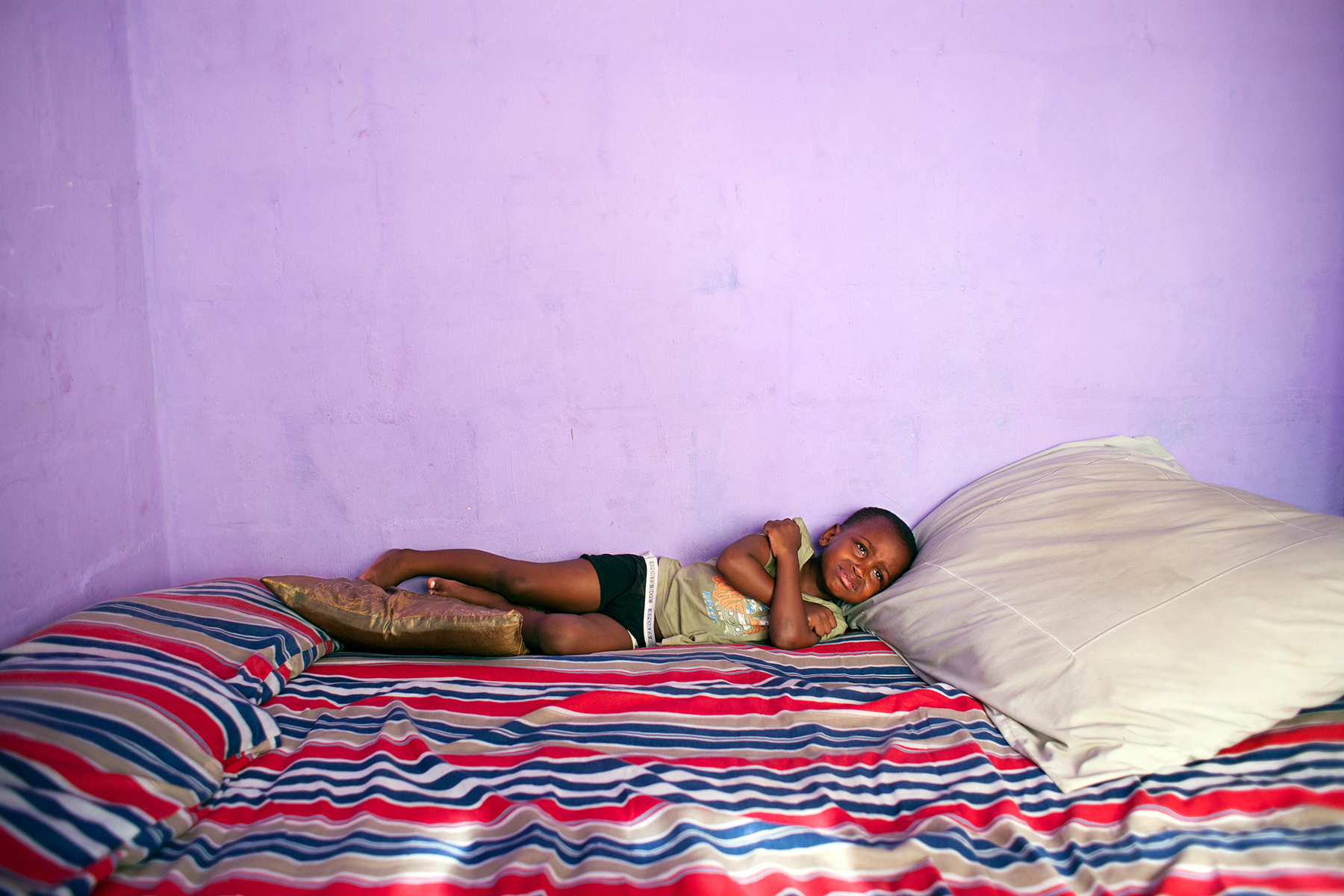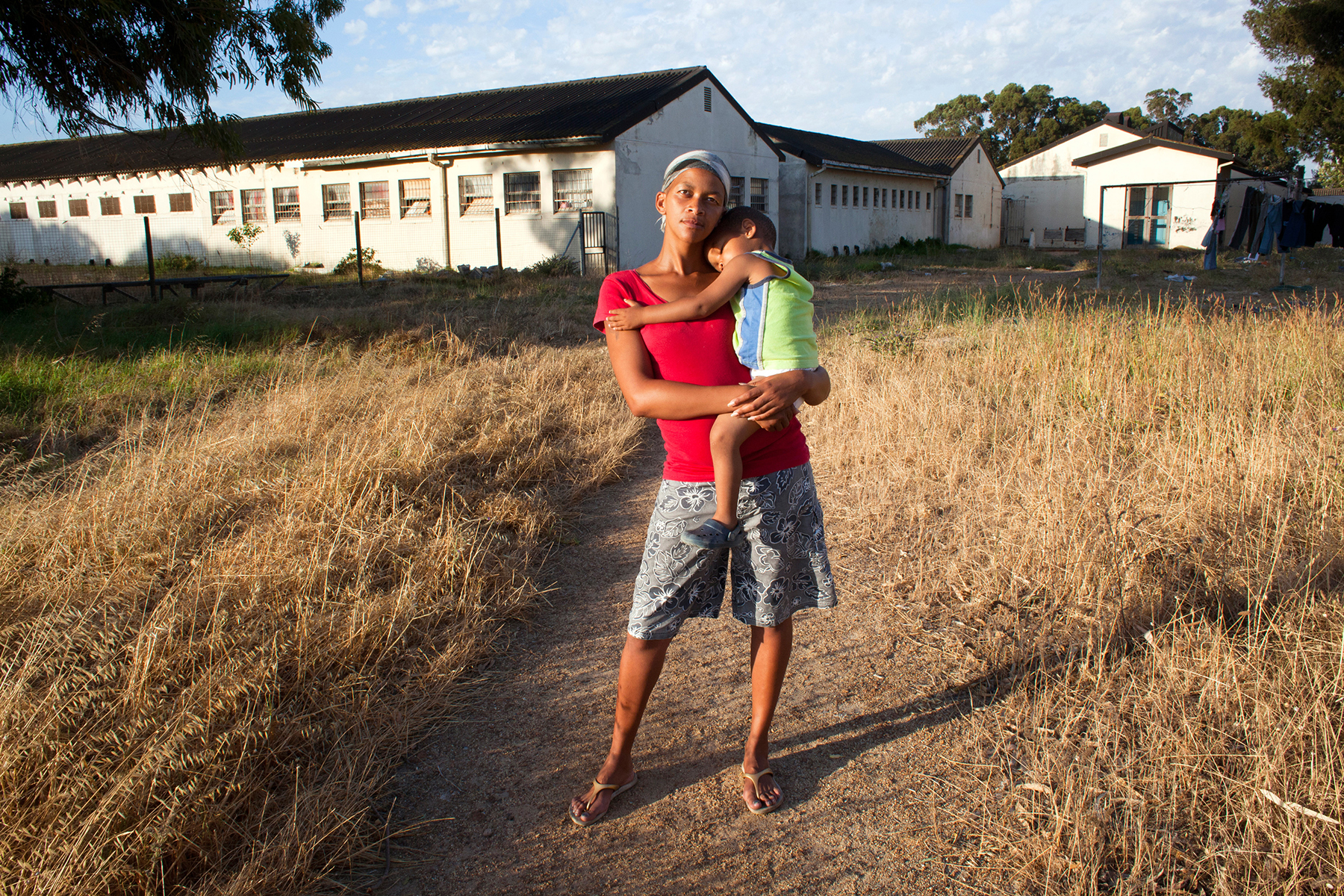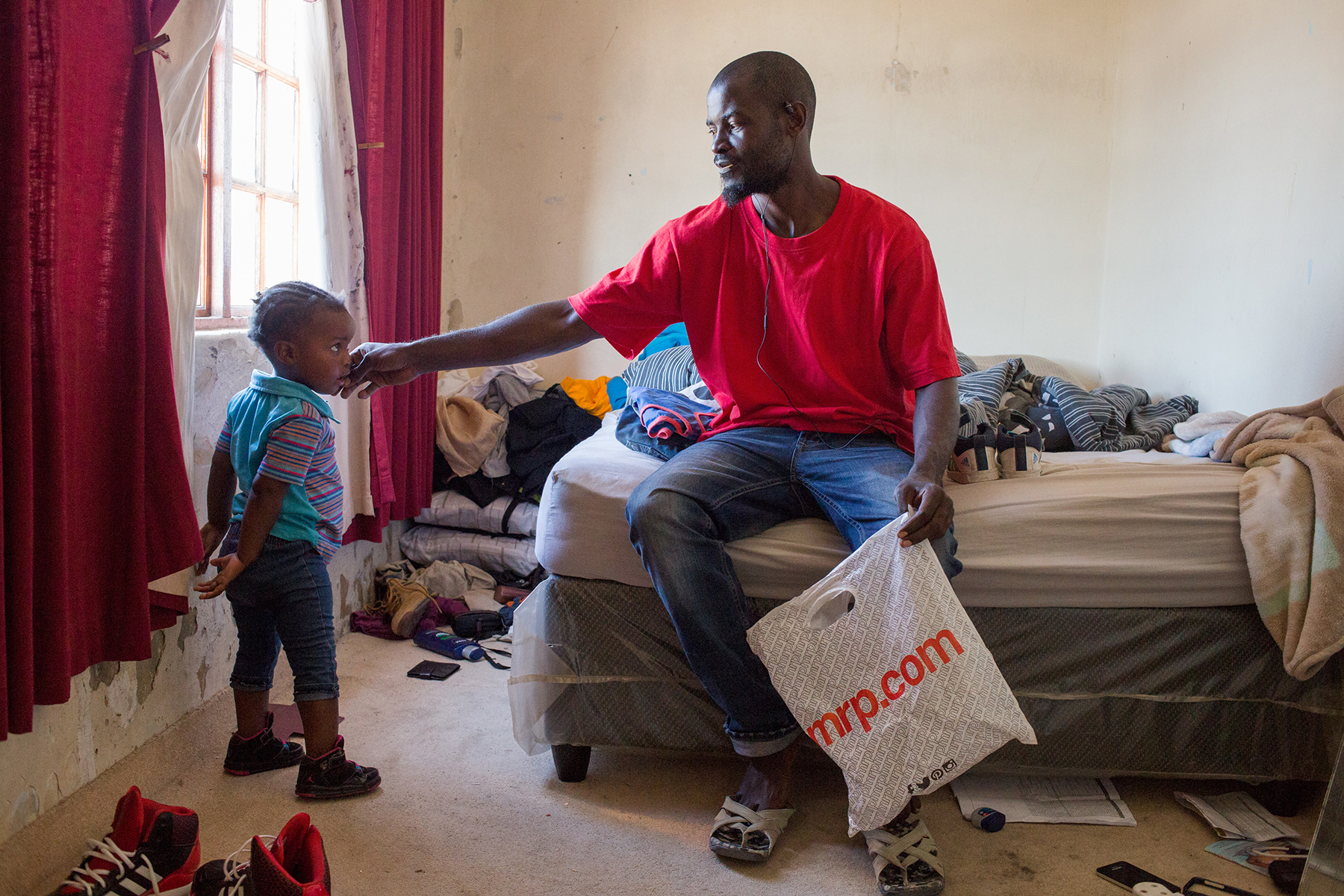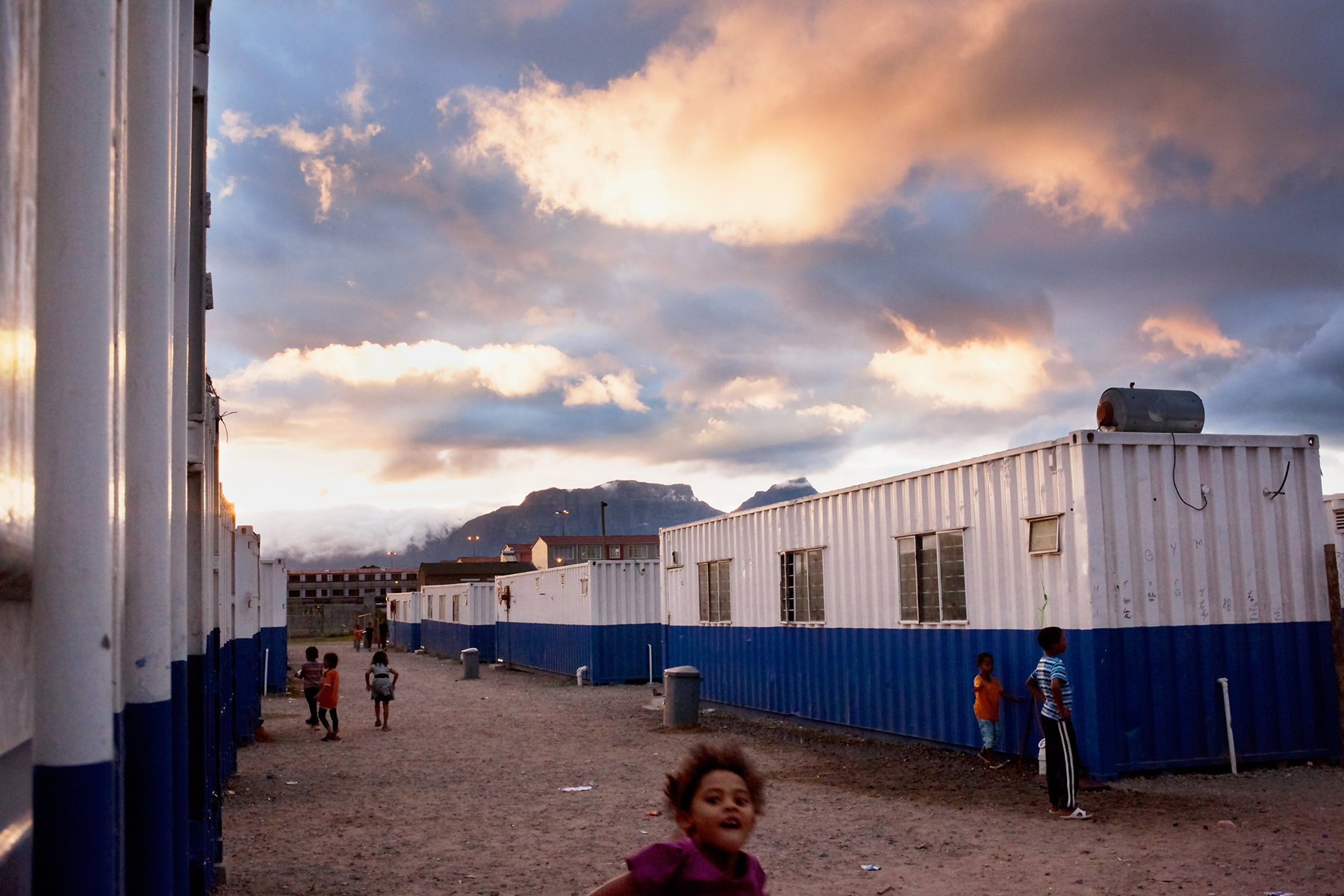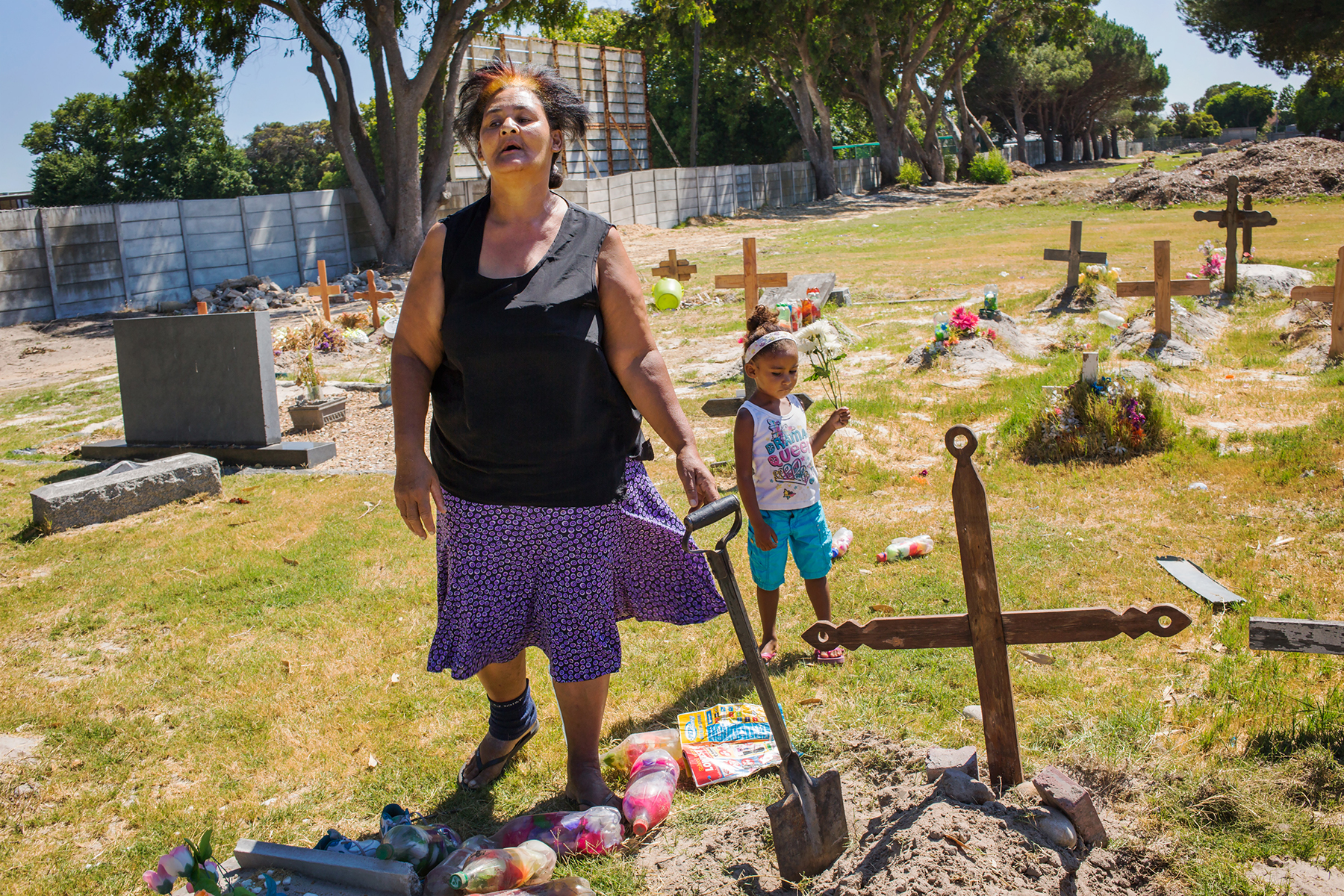“By providing a dedicated time, space and team of field experts, the Docking Station residency was a rare and special opportunity to devote nonstop energy to advancing and deepening the scope and intentions of my long-term personal project ‘Love From Manenberg’. I can’t wait to get to work on the ideas that were generated during my time as a Docker.”
docker #7
SARAH STACKE
A suburb of Cape Town, South Africa, Manenberg was established in the Cape Flats, a vast low-lying sand dune, in the late 1960s by the apartheid government as an area for Coloured families. More than 20 years since the end of apartheid, Manenberg has benefited little from the fruits of democracy. Marginalised by culture, history and geography, most of Manenberg’s estimated 70,000 residents live in overcrowded and impoverished conditions. Known as one of South Africa’s most violent places, faith and fortitude help the people of Manenberg look to the future.
Love From Manenberg is a story about love and loyalty and the choices we make in the circumstances we have. Gangs, poverty and substance abuse appear in Sarah Stacke’s images because they exist in the lives documented, but the people of Manenberg are infinitely more complex than the facts of those things. Nobody is any one thing all the time, it is what is in the heart that binds us.
Who? Sarah Stacke
From USA
Docking December 1 - 19, 2016
Working on Love From Manenberg
About Life in a suburb of Cape Town
Sarah Stacke is an American photographer whose personal work develops intimate stories about people living in under-resourced and narrowly represented communities created by intersections of history, culture, and geography. She often spends time with a person or community over the course of months or years and is interested in the impact of forced geographical relocations on multiple generations. In 2012 Sarah received a master’s degree from Duke University tailored to analyze photographic representations of sub-Saharan Africa. As a 2014-2015 Lewis Hine Fellow she worked with exalt, a Brooklyn-based organization that serves court-involved youth. She teaches at Duke’s Center for Documentary Studies and the International Center of Photography and writes about photography for publications including Photo District News and National Geographic.
Sarah’s personal work and editorial clients have taken her around the world with a particular emphasis on South Africa, Democratic Republic of Congo, and within the U.S.A, Cherokee, North Carolina and the Bronx, New York. Along the way she has worked with institutions like The New York Times, The New Yorker, The Wall Street Journal, UN Women, Open Society Foundations, and Planned Parenthood.
ambassador
JOHN EDWIN MASON
Associate Professor
Lecturer African history and the history of photography
at University of Virginia
JOHN ON SARAH
‘‘Sarah Stacke's collaboration with the Docking Station is sure to be fruitful. Her compassionate, yet unflinching visual documentary project, Love from Manenberg, is already well advanced. In it, she explores an impoverished South African community, Manenberg, through the relationships that she developed with its residents during the five years that she worked with them. Outsiders typically tell the story of Manenberg through a series of stereotypes -- gang violence, broken families, and drug and alcohol abuse. Stacke has a very different vision. Her complex and nuanced narratives reflect her long-term commitment to her project and to the people with whom she works. This commitment allows her to offer compelling new insights into life -- and love -- in Manenberg. Throughout the project, she has been aware of the ways in which differences in class, race, and nationality between her and the people that she photographs affect her representation of them. Rather than ignore these tensions, she makes them visible and thereby enriches the stories that she tells. Her residency at the Docking Station will give her the time to develop ways of presenting Love from Manenberg to new audiences within South Africa, and far beyond it, without diluting either its power or its subtlety.’’


